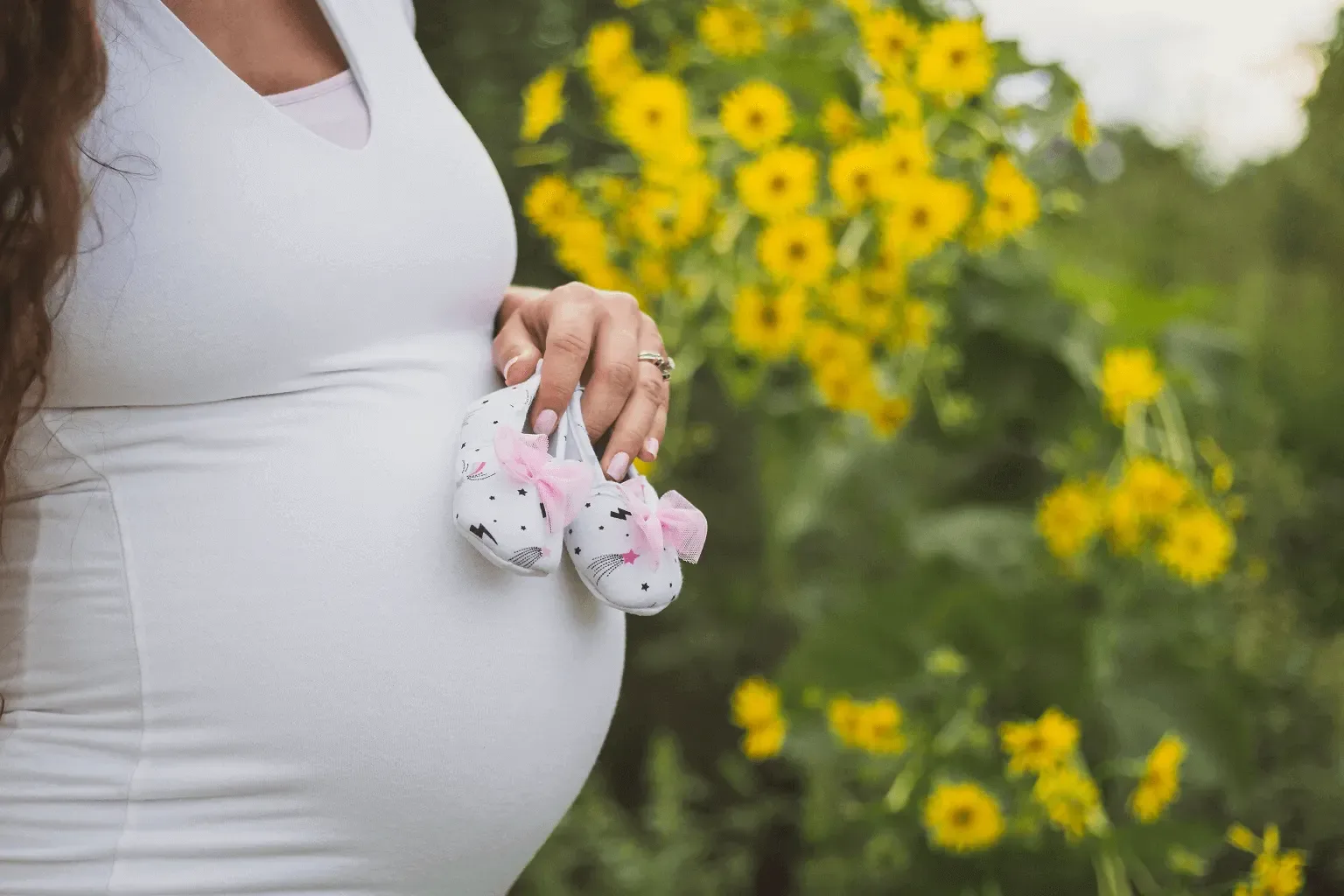Know About Baby Movement During Third Trimester of Pregnancy
You're almost there! That's what everyone says, don't they? But only a mother carrying her baby in her womb knows how difficult the last few weeks are. The feeling of her baby kicking or any other form of baby movement evokes the happiest of smiles from a mom. But, the one thing that every mother wants to know is - if her baby is healthy and at peace.
What does baby movement feel like?
Every pregnancy is different and there is no specific week that can be identified as the week when a mother can feel baby movement in her womb. Obviously, fetal movements are more pronounced as the baby grows bigger.
The following are general observations based on what most pregnancies look like:
Month 6 : You will start feeling your baby kicking in a very obvious manner. This is when your baby starts creating a pattern to his movements and learns to move his legs alternately.
Month 7 : As your little one grows bigger, the baby movements also become stronger. Sometimes a strong kick or punch from your baby may leave you gasping! You may also feel faint tics in your womb, which are usually a case of hiccups! Don't worry, it's perfectly harmless.
Month 8 : This is when it can get painful. Your baby is filling up a lot of your womb now and quite obviously feeling cramped! So, fetal movements have changed from tumbling to wriggling and even jabbing you with its little elbows and knees! The next time you feel your baby knee against your stomach, give it a gentle push and see if she's game for some playtime.
Month 9 : The little one is now too big to play with you and baby movement in the womb is now serious business! Even the smallest movement can cause pain for the mom, like a foot lodged in your ribs or downward pressure on your pelvic region, especially the cervix.
How important is third trimester fetal movement?

The third trimester is where a large portion of the baby's physical and mental development happens.
Your baby's skin becomes opaque and their hair and nails start to make an appearance.
Their digestive system starts developing and this is when the meconium (or your baby's first poop) is building up in their intestines!
Every one of their five senses are on fire! They can perceive light, taste what you eat, feel your touch and hear your voice.
The little Einstein's brains are growing at a crazy pace too! With advanced brain skills your baby can now blink and even dream!
With all this growth happening, third trimester fetal movements are a surefire way for your doctor to ensure that she is doing well inside.
How can I measure 9th month of pregnancy baby movement?
Again, every pregnancy is different, but follow these steps in the third trimester can help:
Sit down in a comfortable position and note the time.
Start counting any kind of baby movements: it could be rolling, fluttering or the baby kicking.
Stop when you reach 10 and note the time again. You should feel at least 10 movements within an hour.
If you haven't felt 10 movements within an hour, don't panic. Your baby could be asleep lulled by your hectic activity earlier! Just drink a glass of juice, lie down and continue counting.
When should I consult a doctor?
The right answer is anytime! If you aren't sure what a baby movement does feel like or go two hours without feeling any movement, call your doctor and they can conduct quick tests to reassure you about your baby's health. As a general rule, it is wise to consult your gynecologist if you seem to be fretting without any answers.
So, just follow these simple rules and monitor every baby movement in the 9th month of pregnancy. Just a few more weeks to go before that cuddly bundle of joy rests safely in your arms! Be well prepared for your delivery day by packing your hospital bag for labour in advance!

